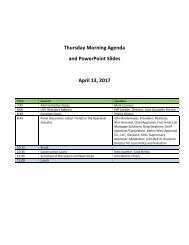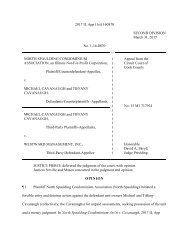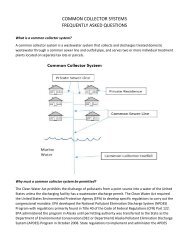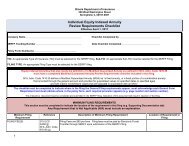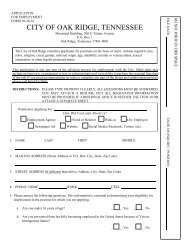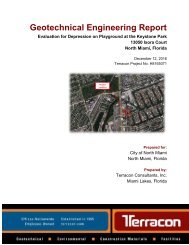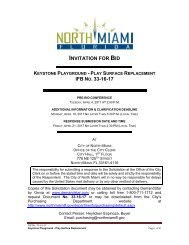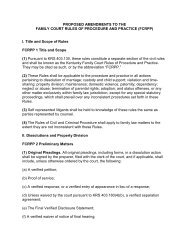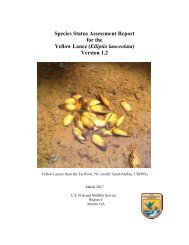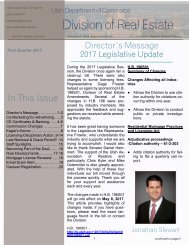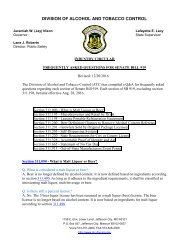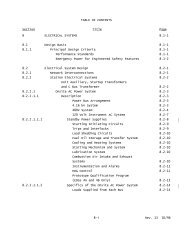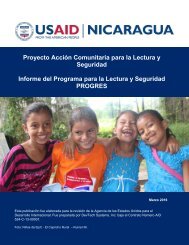EVALUATION
PA00MFK3
PA00MFK3
You also want an ePaper? Increase the reach of your titles
YUMPU automatically turns print PDFs into web optimized ePapers that Google loves.
1) To what extent and under what conditions did LGUs move from fisheries management to<br />
EAFM?<br />
2) To what extent did the LGU policies and regulations lead to right sizing of fishing effort<br />
at the LGU level?<br />
3) To what extent did social capital and leadership catalyze/create movement of LGUs from<br />
startup fisheries management to EAFM?<br />
In addition, the mid‐term performance evaluation will look into the evaluability of the<br />
following questions:<br />
1) To what extent did an increased fish provision lead to better employment for<br />
fishing among households?<br />
2) To what extent did reduction in pressures lead to increases in fish stocks?<br />
3) To what extent did increased enforcement effort and effectiveness lead to pressure<br />
reduction?<br />
4) How and to what extent have PPPs contributed to EAFM outcomes?<br />
5) To what extent are the enabling conditions in place to establish enterprises and for<br />
them to generate household income?<br />
6) To what extent and under what conditions does income from enterprises lead to<br />
decrease in household fishing effort?<br />
7) To what extent did the provinces facilitate inter‐LGU fisheries management interventions?<br />
8) To what extent did increased capacity of NGA lead to implementation of national and local<br />
policies?<br />
9) To what extent did the studies inform development of EAFM?<br />
VII.<br />
Audience, Intended Uses and Dissemination of Evaluation Findings<br />
The audiences for the ECOFISH mid‐term performance evaluation findings include USAID,<br />
Philippine government partners, Tetra Tech ARD as the contractor and other implementing<br />
partners of the project, including civil society organizations, academe and the private sector.<br />
In accordance with the USAID Evaluation Policy, the findings from the ECOFISH mid‐term<br />
performance evaluation will be shared as widely as possible, with a commitment to full and<br />
active disclosure. Furthermore, a summary including a description of methods, key findings and<br />
recommendations will be available to the public on‐line in a fully searchable form.<br />
VIII. Evaluation Methodology<br />
The evaluation is expected to take place for three months (July‐September 2015), mid‐way<br />
through the ECOFISH project implementation when data would have been generated from the<br />
project’s first monitoring event. Using the results chains of the project’s TOC, the evaluators<br />
will employ qualitative and, as practicable, quantitative methods to obtain the information<br />
necessary to meet the requirements of this SOW. Qualitative data collection will include key<br />
informant interviews and focus group discussions. This methodology is not prescriptive and<br />
other forms of data collection maybe be considered.<br />
Annex 1 - 6



